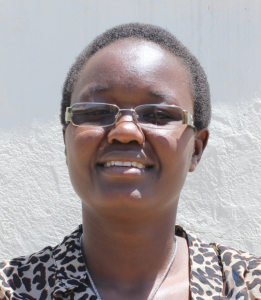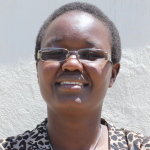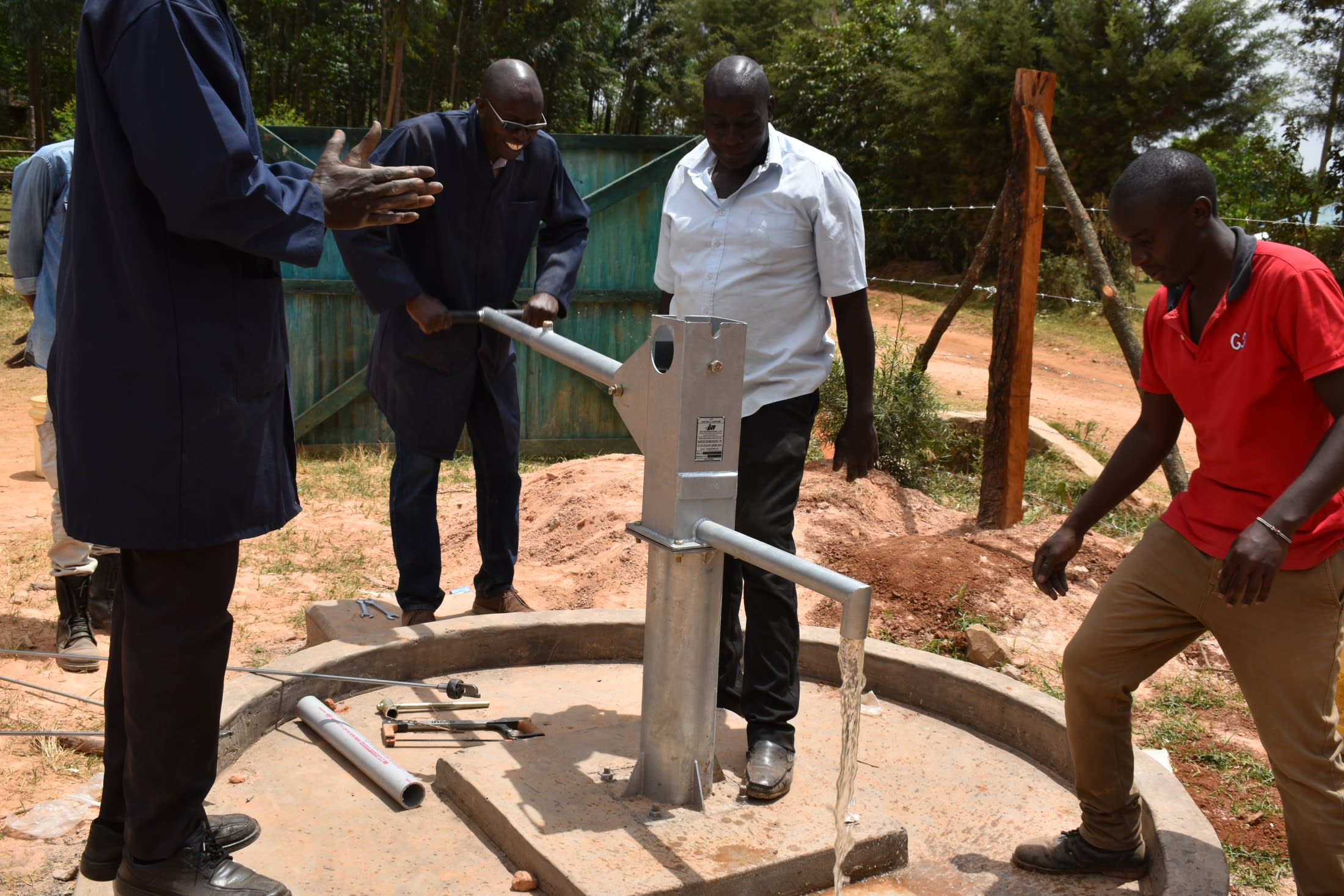Ever since the rain tank on Shivembe Primary School's campus broke, the 528 students and teachers have been surviving with whatever water they can get.
A rainstorm will fill half of the school's 50,000-liter rainwater catchment tank, but after that, the tank overflows, wasting valuable rainwater. It was constructed 12 years ago and hasn't been properly maintained, but the school doesn't have spare money to have the tank fixed. Compounding this issue further, rain in Kenya has become scarce and unpredictable in the last few years, likely due to climate change. So nowadays, it's rare for the rain tank to have anything in it at all.
So, every day, students must carry as much water as they can from a filthy nearby stream on their way into school, at lunchtime, and after school. This wouldn't be easy even if the route to the stream were flat and short...but it is neither.

"For us [whose] sources of water are far from home, we get tired carrying water to the school, and sometimes we get to school late and we are punished," said 12-year-old Linet M (shown below filling her bucket at the stream). "Although it is not our wish to get late to school, it's just that we have to carry water to school so that we stay in a clean environment and also get some water to drink during the day."

"The school not having clean water has been tough for the pupils and teachers," said headteacher Victor Songole (shown below).

"The general sanitation and hygiene in school are not good because we have no water, and this makes me not enjoy my work," Victor continued. "I feel pity for myself and the pupils because any water we get, we use it [for] as long [as] the pupils can eat in school and wash their hands. I pray and hope that one day this nightmare of pupils carrying water from home will come to an end, and the pupils will enjoy their days in school as others do."
Obviously, drinking this contaminated water is not good for anyone's health.

"The pupils get sick all the time, forcing them to miss classes, and this has affected their performance in class," said our field officer, Olivia. "The parents are spending a lot of money on ensuring that the children are treated well in [the] hospital, but now it is becoming a burden to the parents because the pupils still use the same water sources to get water. Meaning [the parents] will still be spending a lot as long as the pupils are consuming water from the same water sources. They will still get sick."
A more sustainable water source will enable the children and staff at Shivembe Primary School to keep themselves and their environments clean, reducing the illnesses keeping them from class.
What We Can Do:
New Well
We conducted a hydrogeological survey at this school and the results indicated the water table beneath it is an ideal candidate for a borehole well. Due to a borehole well's unique ability to tap into a safe, year-round water column, it will be poised to serve all of the water needs for this school's large population, even through the dry months.
The school will help collect the needed construction materials such as sand, rocks, and water for mixing cement. They will also provide housing and meals for the work team, in addition to providing local laborers. We will complement their materials by providing an expert team of artisans and drilling professionals, tools, hardware, and the hand-pump. Once finished, water from the well will then be used by the school’s students and staff for drinking, handwashing, cooking, cleaning, and much more.
Handwashing Stations
There is currently nowhere for students to wash their hands after using the latrines or before eating lunch, let alone the water to do so.
The student health club will oversee the two new handwashing stations we will provide, and make sure they are kept clean and in working condition. The club leaders will fill the handwashing stations with water daily and make sure they are always supplied with a cleaning agent such as soap or ash.
VIP Latrines
We will construct two triple-door latrine blocks using local materials that the school will help gather. Three doors will serve the girls and three doors will serve the boys. All of these new latrines will have cement floors that are designed to be easy to use and to clean. And with a rain tank right on school property, there should be enough water to keep them clean.
Training on Health, Hygiene, COVID-19, and More
We will hold a one-day intensive training session with students, teachers, and parents. This training will cover a wide range of topics including COVID-19 symptoms, transmission routes, and prevention; personal and environmental hygiene; and the operation and maintenance of the rain tank, latrines, and handwashing stations. There will be a special emphasis on handwashing.
Our team of facilitators will use a variety of methods to train, including participatory hygiene and sanitation transformation, and asset-based community development. We will initiate a student health club, which will prepare students to lead other pupils into healthy habits at school and at home. We will also lead lectures, group discussions, and provide illustrative handouts to teach health topics and ways to promote good hygiene practices within the school including handwashing and water treatment. We will then conduct a series of follow-up trainings before transitioning to our regularly scheduled support visits throughout the year.
We and the school strongly believe that all of these components will work together to improve standards at this school, which will help lead to better student academic performance and will help unlock the opportunity for these students to live better, healthier lives.

 Borehole Well and Hand Pump
Borehole Well and Hand Pump
 Rehabilitation Project
Rehabilitation Project






































